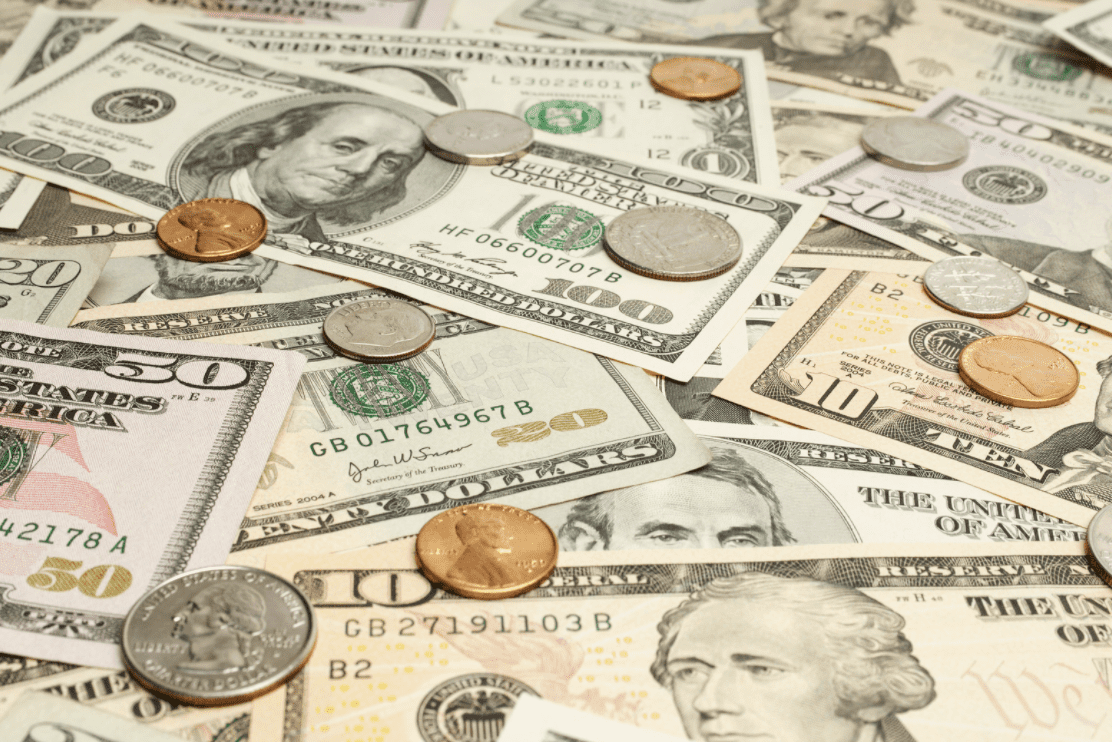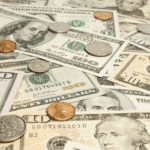When launching a business, you should first know how much money you will require. Here’s everything you need to know about starting a business and how much does it cost to start a business.
Although starting a business is an exciting process, it is also costly. It’s critical to be realistic when estimating launch expenditures for a business. Expenses such as office space, legal fees, payroll, business credit cards, and other administrative costs can mount up quickly.
You might not know how to choose a loan provider if you’re thinking about starting a new business. Now, if you are looking for how to start a business and how much does it cost to start a business, then this article is the ultimate guide for it as it talks about the cost you need in each step to start a business.
Step 1: Start with a small step
You most certainly have big hopes for your business; the first step is determining how much does it cost to start a business. On the other hand, blind optimism may drive you to invest too much money too quickly. It’s a good idea, to begin with, an open mind and prepare for any issues that may arise later.
Entrepreneurs should start with a healthy dose of scepticism, says Cynthia McCahon, founder and CEO of Enloop, a business plan software company.
A prospective small business owner should begin by just comprehending the possibilities of the business idea,” she stated. “What this means is that you shouldn’t assume your idea will succeed.”
The best technique is to test your idea in a small, low-cost way that will tell you whether buyers want your product, how much they want it, and how much they’re ready to pay for it. If the test appears to be a success, you can begin planning your business around what you’ve learned.”
Step 2: Calculate your expenses
To know How much does it cost to start a business, you should first calculate your expense. According to the US Small Business Administration, most micro businesses cost roughly $3,000 to establish, whereas most home-based franchises cost $2,000 to $5,000.
While each firm has its own set of financing requirements, experts have some pointers to assist you in figuring out how much money you’ll need. Drew Gerber, a serial entrepreneur who has founded a technology company, a financial planning agency, and a public relations firm called Wasabi Publicity thinks that an entrepreneur will require six months’ worth of fixed costs on hand when starting a business.
He advised, “Have a strategy to cover your expenses in the first month.” “Know who your consumers are before you open the door so you can start covering those costs.”
Don’t undervalue your expenses when budgeting, and keep in mind that they may climb as your company grows, according to Gerber. It’s easy to ignore charges when looking at the large picture, but he noted that you should be more particular when preparing for your fixed expenses.
Step 3: Be aware of the various costs that will be incurred
According to the Small Business Administration, there are several expenses to consider when beginning a business. To correctly manage your business’s cash flow for the short and long term, you must differentiate between these charges, according to Eyal Shinar, CEO of cash flow management startup Fundbox. Here are a few types of costs to consider for new business owners.
According to our data, small business entrepreneurs spend an average of $40,000 in their first full year of operation.
This does not imply that you must have $40,000 on hand to start a small business. Many entrepreneurs experience first-year costs due to generating income, which is then reinvested into the business to offset expenses. Furthermore, workers spend significantly more than solopreneurs, skewing this figure upward. But we’ll get to that later.
Some of the interviewees to go a stage and review their first-year financial records to tell us how much money they allocated to specific business expenses as a proportion of their entire budget. We divided the following business functions and expense categories into buckets to make things simple:

Ongoing cost vs. One Time cost
One-time expenses, such as the costs of forming a business, will be particularly significant during the launch process. According to Shinar, if you have to make a one-time equipment purchase in a given month, the money going out will most certainly be larger than the money coming in. This means that your cash flow will be disturbed that month. The following month, you’ll have to make up the deficit.
On the other hand, Ongoing costs are paid regularly and include things like utility bills. These are less likely to change from month to month.
Essential vs. Optional costs
The essential expenses for the company’s growth and development are known as critical charges. Optional purchases should only be made if the budget allows them.
Costs that are fixed vs. Variable costs
Fixed expenses, such as rent, are steady month to month, whereas variable expenses are dependent on the direct product or service sales. This is why it’s so crucial to compare credit card processing services; processing rates are a changeable cost that you’ll want to keep an eye on to guarantee you’re receiving the best deal. Fixed costs may initially take up a large amount of income, but as you grow up, their relative impact becomes minor, according to Shinar.
Step 4: Make a cash flow forecast
The company’s cash flow projection is another crucial part of financial planning for a startup and determining how much does it cost to start a business. New business owners should anticipate their cash flows for at least the first three months of operation, according to Bill Brigham, director of the New York Small Business Development Center in Albany, to know how much does it cost to start a business. He advised adding up fixed expenditures and expected items costs and best- and worst-case income scenarios.
“Make sure you know not just how much you borrowed but also how much interest you owe if you borrow money,” Brigham advised. Calculating these costs provides a good picture of the cash needed to start the business and puts a floor on the revenues needed to maintain it profitable.
If possible, Gerber advises beginning a firm without taking out any loans. Borrowing puts a lot of strain on a company and its shareholders, he says, because it reduces the margin for error. Make every effort to investigate all of your funding sources. If borrowing is your only alternative, engage carefully with your lender to ensure that your company can handle the financial commitment. Keep in mind that personal assets are frequently at risk for small businesses.
Step 5: Identify your sources of funding
After calculating your costs and forecasting your cash flow, you’ll need to figure out how to get funding. For years to come, how you receive financing will impact your company’s future and how much does it cost to start a business. Personal savings, family and friend loans, government and bank loans, and government grants are just a few examples of possible financial sources.
Many businesses employ a mix of different sources.
According to Herndon Davis, most companies are self-funded, a mortgage loan officer and real estate agent with Mortgage Real Estate Services. There are, however, other options.
“Piggybacking possibilities can provide additional cash by developing corporate credit and different lines of credit,” Davis added. “Small business loans and investors are also available at various stages. At this time, your startup should have established clients/customers, have grown since its founding, have a distinct market positioning, and have a clear business plan for how to develop with the additional investment.”
SCORE is one area where you can get aid. This volunteer organization, formerly known as the Service Corps of Retired Executives, works with the Small Business Administration to provide small business owners and potential entrepreneurs training and courses. Most importantly, SCORE provides advice from people who have worked in the industry you want to work in and are familiar with the challenges you’ll face.
Conclusion
To start a successful firm is a marathon, not a sprint, so you need to learn how much does it costs to start a business gradually. It’s vital, then, that you don’t judge your company’s success just on its first-year profits. Give yourself an 18–24-month window to get your business off the ground and how much does it cost to start a business. Using the financial recommendations above, spend your first-year testing, reiterating, and reinvesting your revenues back into your firm.
Being an entrepreneur necessitates a certain level of risk tolerance. You can avoid many financial blunders that new entrepreneurs make if you have the proper knowledge and a clear understanding of your financial objectives. Managing all other moving components is also more accessible with the appropriate e-commerce platform.



![21 Worst Shark Tank Failures And Why They Failed? [2024] 4 Shark Tank Failures](https://thehustlestory.com/wp-content/uploads/2021/11/Shark-Tank-Fails-Blog-Banner-2.jpg)


